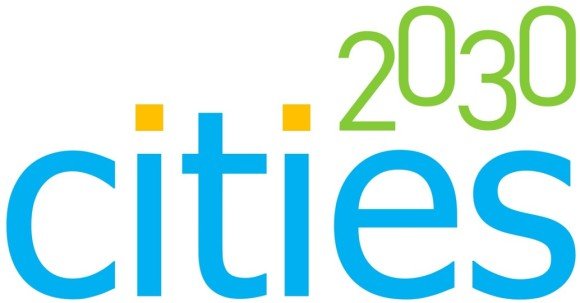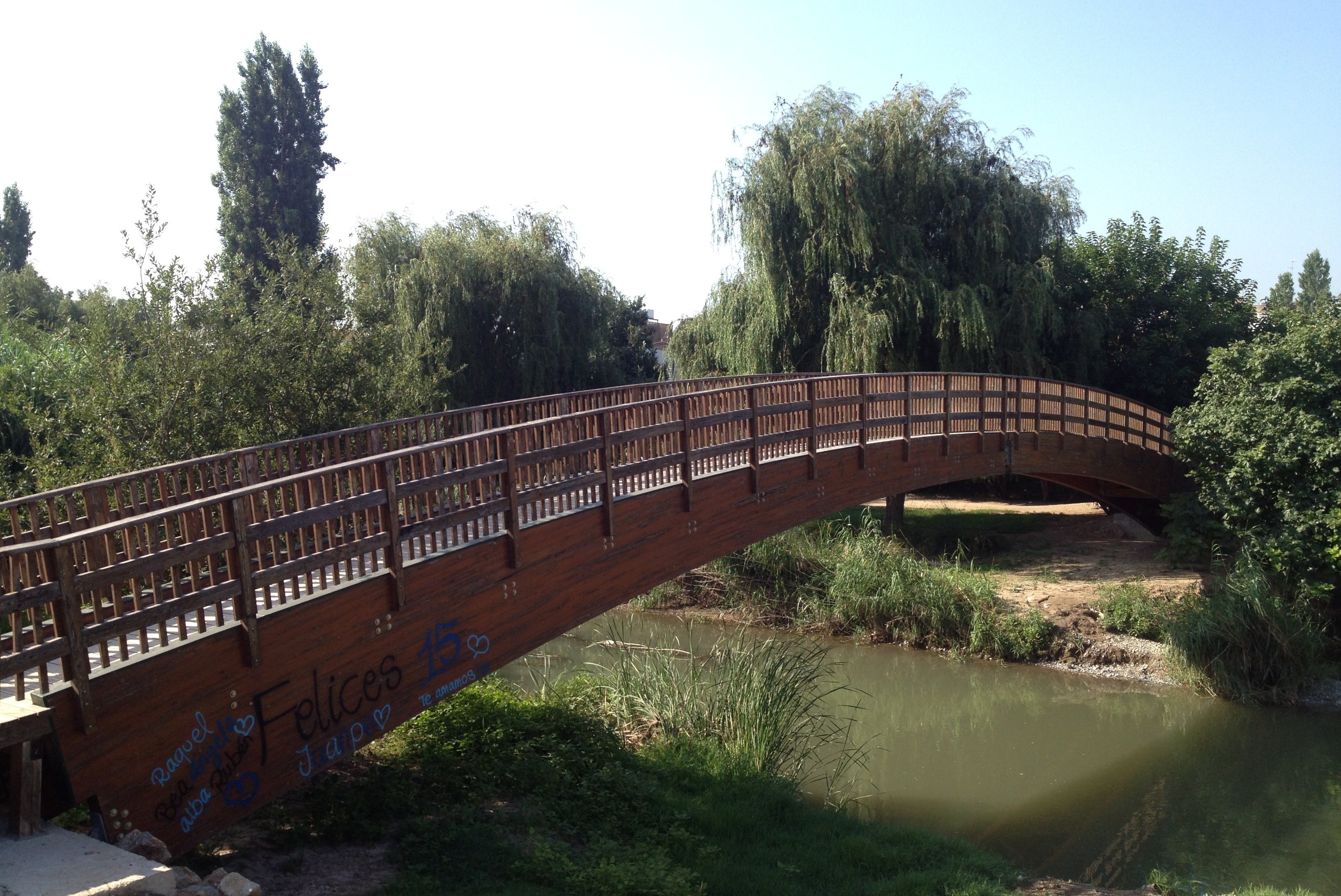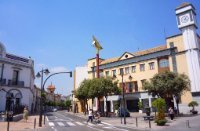Living: Innovation action plan
1. CRFS vision 2030 and challenge statements
CRFS 2030 vision: A green and resilient city with short food supply chains in which people can produce and buy their own local and healthy food. A leading city in the field of urban farming in which democratic processes and citizen participation initiatives predominate.
Challenges:
- Quart de Poblet had traditionally been a mainly agricultural town, which experienced the process typical of towns near a large city with uncontrolled population growth and industrial settlements. Currently, there are 1073,1 hectares of agricultural land in the municipality. However, less than half of this land is cultivated and exploited. Regarding land tenure, most of the land is privately owned. The main problem identified is unproductive and abandoned land, which is also protected from urbanisation. The owners of these lands are mainly elderly people.
- The second main challenge is the preservation of the natural park through which the river Túria flows, which is protected land as well. This territory is illegally occupied by users that are making an incorrect use of the land, in the sense that they are not using ecological farming means and are polluting the river.
- The transition from abandoned land and “invaded” land to ecological urban gardens is the main challenge of Quart de Poblet CRFS, which in turn, gives us an opportunity for its transformation to a more sustainable food system, as the city of Quart de Poblet has enough physical space to develop urban gardens.
2. Collaboration with stakeholders
The main collaborator stakeholders in Quart de Poblet Living Labs are the following organizations:
L'ANIMETA: a local association of ecological farmers, CERAI: a regional NGO that works for the food systems sustainability through awareness-raising campaigns and civic engagement initiatives, LIMNE Foundation: a local NGO that has an agreement with the municipality of Quart de Poblet whereby it is responsible for the river management and restoration, CED: the local centre for employment and development
3. Living Lab resources
Quart de Poblet has the required equipment and resources to implement Living Labs, such as spaces to co-create (Qworking room), consumables, budget, etc.
The Innovation Facilitators are Alberto Martínez and Dana Maini, who are coordinating the Living Lab Activities together with the other Cities2030 Spanish partners: Social Innolabs and Universidad Politécnica de Madrid.
In addition to this, the Municipality of Quart de Poblet has a strong relationship with local agents, such as food producers, non-profit organisations, etc., so it has the capability of creating stable working groups with stakeholders.
4. Living Lab experiments
All the experiments will consist of democratic processes, including those aimed at people who are illegally occupying the lands. These are processes that provide support to the community, not coercive or punitive processes. The experiments will aim to convince and sensitise citizens and put them at the centre of decision-making processes.
1. “Catching invaders”:
Catching invaders will consist of a process of identifying the invaders of the protected lands and making them aware of a correct use of the land. The objective of this experiment is to have a first contact with them in order to understand the reasons of the incorrect use and illegal use of the lands and to start the transition of the lands to ecological urban gardens. This experiment contributes to the Cities2030 objectives of “Protect and preserve natural resources” and “Secure healthy and sustainable food”, and it is associated with food production. The target group of the experiment are the lands’ invaders and the monitoring system will be based on the number of invaders identified and the number of invaders that show their interest in being engaged in the Cities2030 project.
2. Supporting “invaders”
Supporting invaders is a capacity building programme aimed at the citizens occupying lands to train them in organic farming. This will reveal the number of invaders actually involved in the project.
This experiment contributes to the Cities2030 objectives of “Protect and preserve natural resources” and “Develop food culture and skills”, and it is associated with food production.
3. Catching owners
This experiment will consist of identifying the owners of the abandoned land and to understand the reasons for this fact, to make them aware of the importance of urban gardening and to convince them to exploit their lands (by themselves or by local programmes for unemployed people). This experiment contributes to the Cities2030 objectives of “Protect and preserve natural resources”, “Secure healthy and sustainable food” and “Develop food culture and skills”, and it is associated with food production.
4. Training farmers
This experiment will connect the unemployed people of the municipality with the abandoned land through a local program in which they have a training period to be implemented in the unexploited lands.
This experiment contributes to the Cities2030 objectives of “Protect and preserve natural resources” and “Secure healthy and sustainable food”, and it is associated with food production and inclusion thematic working groups.
5. Other Living Lab's measures
Awareness raising campaigns for citizens on urban farming. Awareness raising campaigns for kids on healthy and sustainable eating habits.
6. SMART Goals
Train 10 invaders. Set up an innovative management model of the abandoned land. Cultivate 20% as an experiment with an innovative management model. By mid-2023, at least 50% of identified invaders and identified owners will have been sensitised to care for natural environments. By mid-2023, at least 50% of identified invaders will have been trained in organic farming. By mid-2023, at least 10 unemployed people will have been trained in organic farming.
7. Communication, dissemination and exploitation
Dissemination of information about the project at the municipal trade fair held on the 1st of October, 2022. Dissemination of information about the project in Social Media on the day of the fair. Dissemination in the media of the Valencian Community (radio, newspaper, etc.).
8. Continuity- and scale-up measures
Quart de Poblet is a member of Mancomunitat Horta Sud, which is an association of 20 municipalities in the metropolitan area of Valencia. Quart de Poblet will ensure that at least 5 municipalities in the Mancomunitat de l'Horta Sud will implement innovative actions developed by the Cities2030 Living Labs.
9. Risk assessment
| Risk | Evaluation | Response |
| Failure to engage owners and invaders | High | Mobilisation of other actors |
| Failure to engage invaders | Medium | Mobilisation of other actors |
| Delays in execution | Medium | Anticipation of tasks and staff in reserve |
| Lack of funding to develop urban gardens | Medium | Seek for alternative management models |


